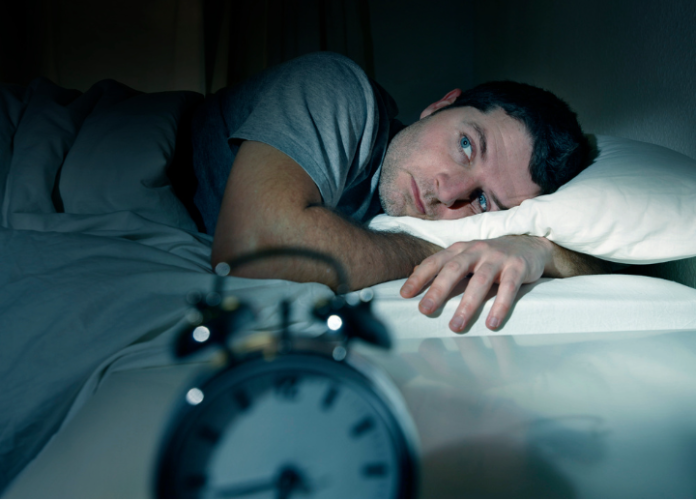I confess to knowing very little about post-traumatic stress disorder (PTSD) in years past. So when a friend of mine told me that chronic insomnia is a major PTSD symptom he struggles with, I didn’t know what to think. I wasn’t sure the two were related. I now know they are, thanks to research.
In the years I have been looking into PTSD, I have learned that the link between the well-known condition and insomnia is real. I have also learned that it can be extremely complicated. PTSD itself is not fully understood by medical science. In addition, insomnia manifests itself in multiple subtypes. So put the two together and you could have a real puzzle on your hands.
A Majority of Patients Experience Insomnia
One of the first things I learned about the link between PTSD and insomnia is just how common the latter is among PTSD patients. Believe it or not, a stunning 90% of patients also report a “clinically relevant sleep disorder.”
Insomnia is one of the chief complaints among PTSD patients. It is so prevalent that insomnia is one of the symptoms that point doctors to a PTSD diagnosis. Other symptoms include nightmares, flashbacks, mood swings, excessive feelings of guilt, avoidance tactics, and even increased physical arousal.
What makes all of this so complicated is the fact that a lack of restful sleep can exacerbate all the other symptoms. Likewise, something like excessive feelings of guilt can contribute to insomnia. It is not unusual for a PTSD patient to find himself swimming in an ongoing cycle of symptoms that continually feed one another.
What We Know So Far
Although researchers are still trying to understand the link between PTSD and insomnia, medical science does seem to have some inkling into what is going on. PTSD appears to do three things that contribute to insomnia:
- Increase the duration of light sleep.
- Decrease the duration of deep sleep.
- Interfere with REM sleep.
If true, this would explain why PTSD patients have trouble falling and staying asleep. It would explain why so many of them experience daily fatigue. They may be getting lots of light sleep but insufficient amounts of deep and REM sleep, which just happen to be the two most important types of sleep for physical and mental restoration.
Sleeping Pills Aren’t the Answer
Making matters worse is that treating chronic insomnia is not easy. Doctors are reluctant to prescribe sleeping pills long term, and with good reason. It is too easy to develop such dependence on sleeping pills that a person finds it impossible to sleep without them. But if not sleeping pills, what else could a patient try?
In Utah, KindlyMD clinics tend to recommend a group of therapies that include behavioral health therapy, lifestyle changes, and plant-based medicines made available through the Utah Medical Card program. KindlyMD operates on the principle of offering holistic, complete care rather than just treating symptoms alone.
Other clinics focus more on behavioral health. They advise patients to undergo cognitive behavioral therapy (CBT) or something similar. They believe that talking therapies help patients work out the mental and emotional aspects of PTSD, thereby helping them physically at the same time.
Restful Sleep Really Helps
Regardless of the treatments a clinic might advise, the one thing all clinicians understand is that restful sleep really helps. Helping a PTSD patient conquer insomnia goes a long way toward alleviating all the other symptoms associated with the condition. The link between insomnia and PTSD is real, but so is the link between conquering insomnia and successfully treating PTSD.

